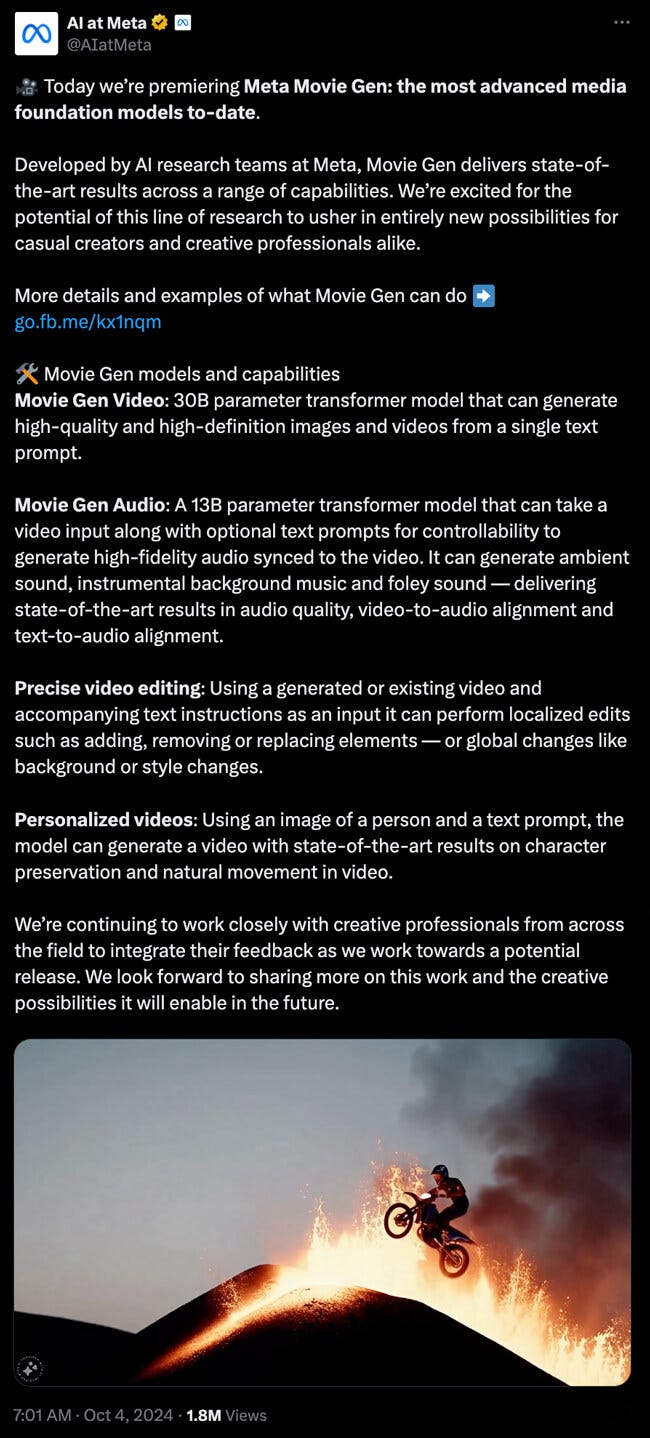Hello Freethinkers,
Wireless networks make it convenient for your devices to “talk” to each other. But convenience is the only upside — wired connections are faster, more secure, and more energy-efficient. So how could we get the best of both worlds? Hard Reset met up with a startup that believes the solution lies in turning your body (already an electrical network) into a “wire,” creating a personal communication system that allows your wearables to securely connect with minimal energy use.
Also on deck: Our debut installment of Freethink Research takes a deep dive into the evolution of nuclear energy, while Kevin Dickinson’s latest feature chronicles the strange month he spent chatting with “empathic AI” bots as an experiment to see whether they can help curb the loneliness epidemic.
Onward,
Stephen
HARD RESET
Highly secure instant touch transfer is here
“Wireless” may conjure up visions of invisible radio waves zipping through the air, free for anyone to grab — but there may be a safe, secure way to move data without wires or broadcasting it through the air. It’s called Wi-R, and it turns your body into a living network. The potential applications are mind-boggling.
FREETHINK RESEARCH
Charting the evolution of nuclear energy
Nuclear energy was going to change the world — and it did. For half a century, it has been the world’s most abundant source of clean electricity. But its share of global energy has been falling for decades, and now nuclear science’s future in energy may depend on cracking one of the greatest challenges in physics and engineering: sustainable fusion.
IN THE KNOW
Introducing Meta Movie Gen
by @AIatMeta on X
Every time AI seems poised to plateau, another huge advance drops. Meta’s new AI video generator will blow you away, and it might make you believe the hype that the future of video will be more generated than filmed.
MORE ON THIS STORY
FREETHINK FEATURES
AI chatbots may ease the world’s loneliness (if they don’t make it worse)
AI chatbots are taking over the world’s app stores, and you might be surprised why (...or maybe you won’t). Freethink’s Kevin Dickinson takes these apps for a test drive, chats with real human experts, and offers his take on whether synthetic companions can really fill a void in our lives — or if they’re just “emotional Soylent.”
WORTH SHARING

“Follow the salt”: A new strategy for finding life on Mars
“Follow the water” has long been NASA’s mantra in its quest to find life on Mars. The reasoning is simple: Because all known life forms on Earth require water, one shortcut to finding alien life is to focus our search on areas where water is or once was. But astrobiologist Dirk Schulze-Makuch argues that this strategy might be leading us astray — and that a better “treasure map” for finding life is one where X marks salt deposits on the Red Planet.
Stephen Johnson is the managing editor at Big Think and a writer at Freethink.











